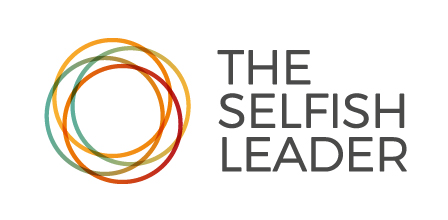‘Jindy is feeling happy today.’ If you’ve ever heard someone speak about themselves in third-person, you may have found it strange or arrogant. It can seem egotistical, the idea of referring to ourselves by our own name.
Why, you might ask someone, don’t you use ‘I’? Surely if you’re going to announce how you feel, then you own those thoughts and emotions? So the possessive ‘I’ is not just the right thing to do grammatically, but also the correct way to own and change our human experience?
It is this perspective that offers an opportunity in how we perceive ourselves and how we can continue our journey of development. It is an assumption that we must be our thoughts, that our feelings are what we define as us.
Our thoughts and emotions are not consciously manifested, as much as they might appear to be. They arise from a prior state of experiences, values, beliefs and the current environment we’re in. There is a determinism at play here.
The topic of free will versus determinism, is a fascinating one that is worth exploring – I couldn’t do it justice in a single post. The point here, is that thoughts and emotions DO affect our experience, but temporarily and subjectively – and the extent of this is fundamentally different for each of us. And there’s also the good news that we can change our relationship with our thoughts and feelings.
Our entire human experience is filtered through our minds. This might sound obvious yet it’s something we often take for granted given that it’s happening every moment of every day. Working to positively change your mindset is like upgrading the operating system that runs you.
There are structured approaches and techniques for how we can enable this to happen, here I want to share just one small perspective on how we can shift our mindset. Given our evolutionary oversensitivity to fear, we all worry quite a lot. All of us. What if I don’t land that deal? What if my kids don’t get good grades? What if this meeting doesn’t go well? What if the shop has run out of flour and I can’t make this cake? If we feel worried about something, the reality of whether that something is worth worrying about is irrelevant – we have the experience of worry as a state of mind, which feels unpleasant.
Yet, that same worry, like all thoughts and emotions, is transient. It will pass, evaporating to an extent that we might not remember it. The same is true of thoughts. Paraphrasing Seth Godin, worry and anxiety can be defined as experiencing failure in advance.
The cruelty of this is that we experience it now, before anything has actually happened. If the outcome we feared does actually happen, we then experience it again. More worry, no change in outcome. This is where using the third-person becomes ‘egotistical’ in a different sense – we can detach ourselves from the ego-self that is in the midst of experience.
Instead of saying ‘I’m feeling really anxious about money at the moment’, we could say ‘Jindy is feeling really anxious about money at the moment’. This simple shift creates a gap. And by creating this distance, we’re able to look at what we’re feeling and thinking with some objectivity, allowing an opportunity to understand what is really going on. It also means we’re not reinforcing whatever the emotion or thought is by saying ‘I am…’
This distancing means we can experience our thoughts and feelings with less subjectivity, and less actual experience of them Using this shift in journalling can be powerful. By removing ourselves from the narrative, we can write the experience without feeling it as much, and take a view on what is really happening. This self-coaching works for any thought or emotion, whether subjectively considered ‘positive’ or ’negative’. The result is deeper insight and a recognition, if only fleeting, that all experience is temporary. Jindy is hoping you found this blog post useful.




